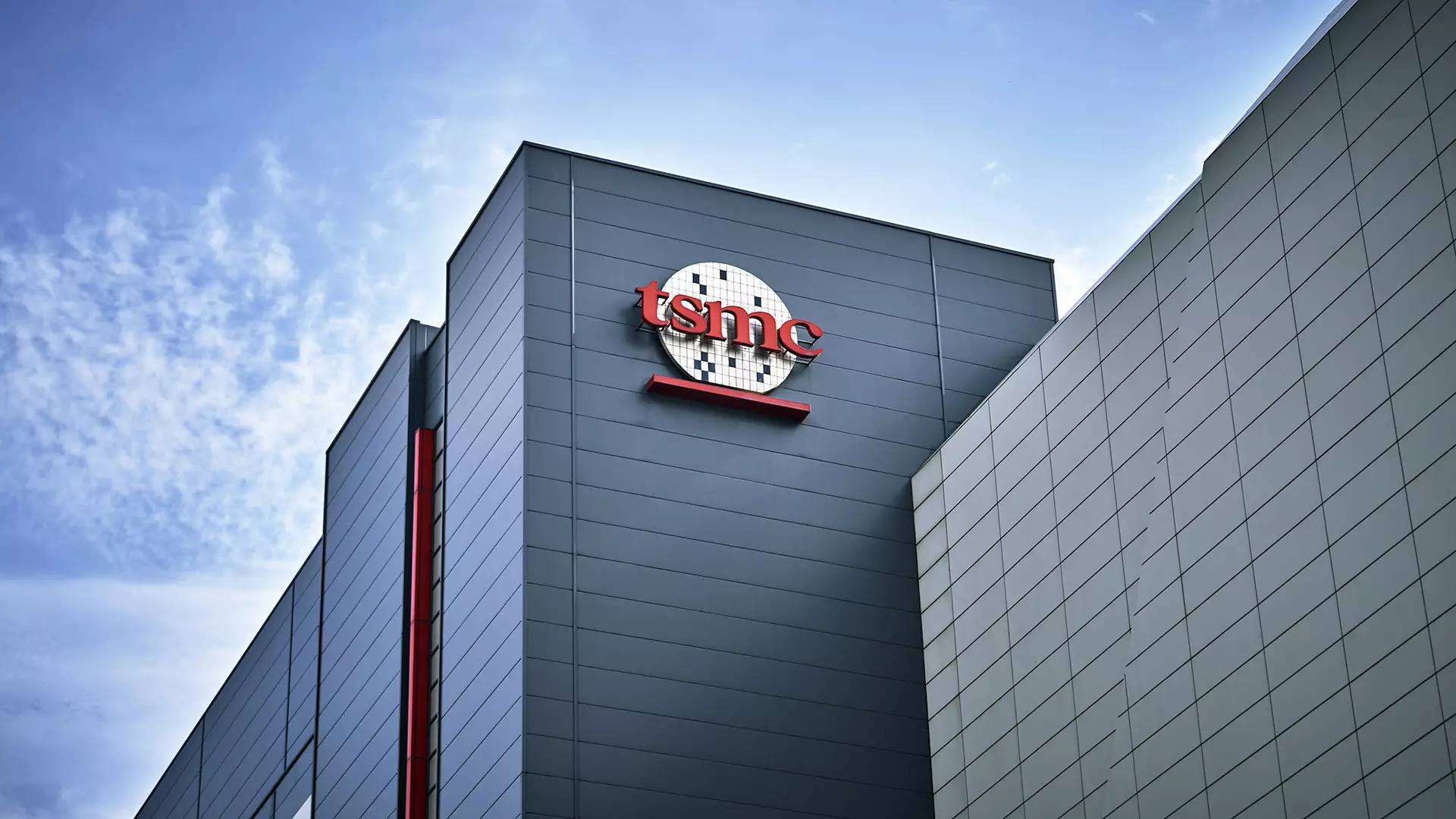Taiwan Semiconductor Manufacturing Company (TSMC) stands at the epicenter of the global tech ecosystem, not merely as a leading chip manufacturer but as an economic linchpin for Taiwan and an influential player in the worldwide supply chain. Its dominance in the industry is so profound that it effectively governs the health of the international semiconductor market. When allegations of intellectual property (IP) theft arise within such a formidable organization, the ramifications transcend the company, rippling into national security and global technological competitiveness. Recognizing this, Taiwanese authorities have deployed their top agencies to investigate and prosecute those involved, signaling the gravity of IP theft in this sector.
The incident involving TSMC—where authorities apprehended former employees and detained others under suspicion of illicitly accessing proprietary information—serves as a stark warning. These actions underscore the critical nature of safeguarding technological advancements that could potentially be weaponized by rival nations or malicious entities. The fact that the dispute concerns the upcoming N2 process node, a pivotal step forward for the industry, highlights how high the stakes are for innovation confidentiality. Fault lines in these defenses could lead to the erosion of a country’s competitive edge, making robust legal and security measures indispensable.
Why Intellectual Property Theft Threatens More Than Just Corporate Profits
At face value, accusations of employees stealing trade secrets might seem like routine corporate espionage. However, within the high-octane world of semiconductors, these acts can destabilize entire economies and threaten global technological leadership. The manufacturing process, especially at cutting-edge nodes like N2, involves complex, sensitive research that takes years and billions of dollars to develop. Leakage of such information can accelerate the industrial advantage of competitors, dilute market share, and, ultimately, undermine investments in research and development.
The perspective of the Taiwanese authorities—and by extension, the Taiwanese government—is rooted in national security. Taiwan’s economy is deeply intertwined with TSMC’s success; the company contributes approximately 8% to the island’s GDP and accounts for a staggering 12% of its exports. Yet beyond local economic implications, the global market stands to suffer when proprietary technology is compromised. The transfer or theft of process node details could enable competitors to leapfrog innovations, leading to reduced investment incentives and potential disruptions in global supply chains.
Indeed, TSMC’s ongoing development of N2, which promises better power efficiency and SRAM density, represents a crucial step toward meeting the relentless demand for performance improvements. These advancements are not just incremental—they can redefine industry standards. The stakes are enormous because faster deployment of stolen data offers rivals a shortcut, creating an unfair playing field and threatening the legitimacy of intellectual property rights.
The Broader Implications for Global Competition and Security
The aggressive prosecution of employees involved in IP theft reflects a broader geopolitical chess game. Semiconductors have become strategic assets, often viewed as critical infrastructure in modern warfare and economic dominance. Countries invest heavily in their domestic chip industries, and espionage becomes an alluring avenue to gain technological supremacy without incurring the same costs.
This case also exposes the vulnerabilities inherent in dealing with highly sensitive technological information within corporate hierarchies. Employees, whether motivated by financial gain or exogenous pressures, pose a persistent security threat. As competition intensifies, the temptation to sell secrets to the highest bidder grows, especially in a landscape where national interests are increasingly intertwined with technological race lines.
The Taiwanese response—detaining suspects under the National Security Act—illustrates the seriousness with which authorities are treating the matter. It’s an indication that in the modern age, technological espionage is tantamount to a form of economic warfare, making it essential to uphold stringent security measures and international cooperation to deter such crimes.
The Implications for Industry Trust and Innovation Integrity
This incident also casts a shadow over the fundamental trust that underpins technological progress. When companies invest billions into research and development, they do so on the assumption that their innovations will be protected legally and physically. Breaching this trust distorts market dynamics and could dampen innovation flows, discouraging companies from sharing knowledge or collaborating openly.
In the long term, perpetual security threats could stifle the very spirit of technological advancement. A resilient, innovative industry depends on the certainty that intellectual property rights are respected and enforced. When breaches occur, the consequences extend beyond immediate financial or reputation damage—genetic innovation clusters could slow down, and emerging players might hesitate to enter markets where security is perceived as fragile.
While enterprise confidentiality is essential, it is equally crucial for government entities to enforce national and international regulations that prevent IP theft and safeguard technological sovereignty. The stakes have never been higher; the future of innovation hinges on a delicate balance of fierce protection and open collaboration within the global industry framework.

